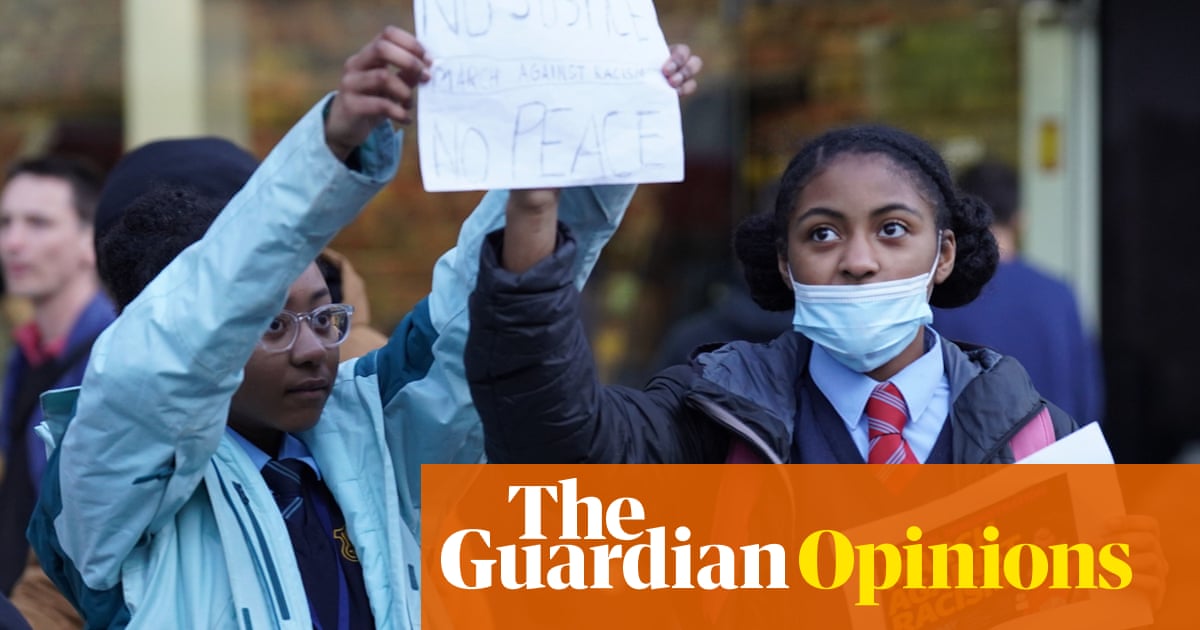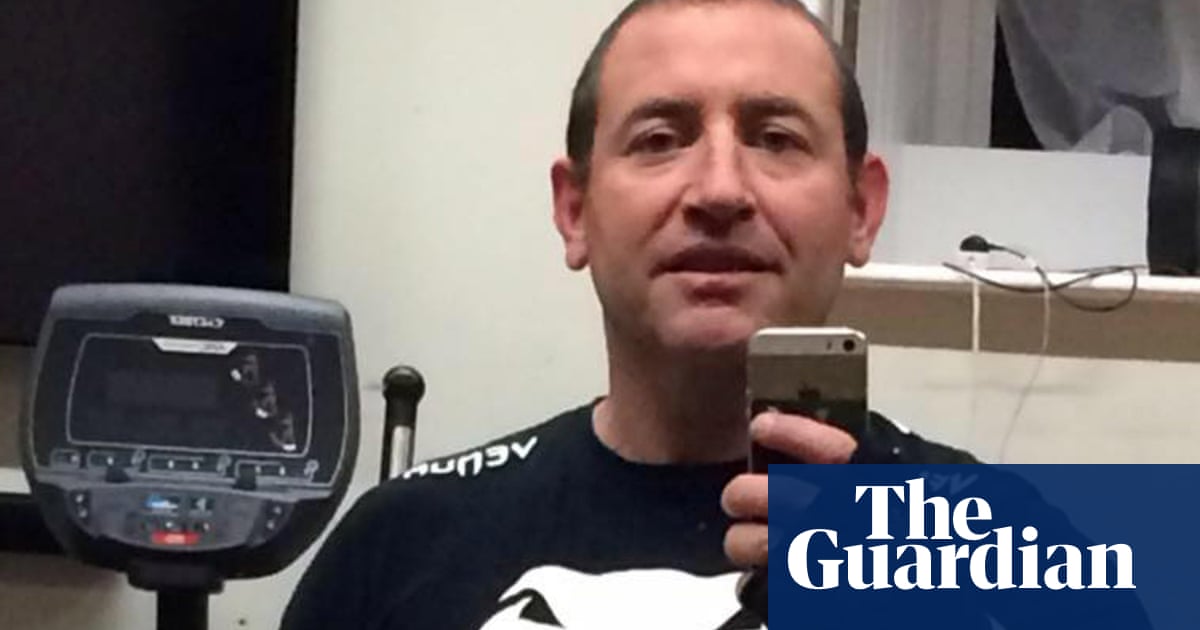
An extraordinary catalogue of sexual misconduct allegations against Metropolitan police officers, including claims that one had sex with a rape victim and another assaulted a domestic abuse survivor, are revealed in documents obtained by the Observer.
The disclosures will intensify pressure on the Met after its officers manhandled women at last Saturday’s vigil for Sarah Everard where hundreds demanded the right to be safe on London’s streets.
Organisers of the vigil on Clapham Common subsequently accused the force of losing the faith of women and being unable to tackle its “institutional misogyny”.
Campaigners said the latest revelations amplified concern among women that the police cannot be trusted to protect their safety.
According to the documents, released under freedom of information laws, the rape victim complained that the investigating officer “took advantage of her vulnerability and had sex with her on two occasions”. The officer was subsequently dismissed.
There was a total of 594 complaints against Met employees between 2012 and 2018, of which 119 were upheld. Among those was a Met officer who was dismissed after allegedly pretending to be a woman online “to advance his sexual proclivities and also film a woman apparently having non-consensual sex with a male in a public park”.
Another officer was forced to leave the Met over allegations that he was having a “sexual relationship with a resident in a women’s refuge”, a safe house where victims of domestic violence seek sanctuary.
Other serious cases include an officer who met a woman while on duty and later visited her home where sexual intercourse led to an allegation of rape. He received a verbal warning and management advice, the least severe censure an officer can receive following a misconduct hearing.
“We expect a higher standard from our protectors,” said Nazir Afzal, a former chief crown prosecutor. “The whole point of the police is that they work with the most vulnerable.”
The details, disclosed by the Met after the Observer requested information on complaints regarding sexual harassment, sexual assault and rape against officers, community support officers and special constables, emerged from the 594 complaints against Met employees.
Individual cases are not dated but recorded as a summary of the allegations when the complaint was first received. The outcome of any disciplinary action is also given. Of the 119 cases that were upheld, 63 led to dismissals, retirements or resignations.
What is not disclosed, however, is how many cases entered into the criminal justice system.
“How many were charged with misconduct in a public office or sexual offences? If not then a proper explanation needs to be given. Disciplinary proceedings are no substitute for judicial proceedings,” said Afzal, who was chief crown prosecutor for the north-west of England.
Among those who resigned was an off-duty special constable who was accused of raping women he met at a nightclub. Last week Downing Street unveiled plans to protect women by putting plainclothes officers in nightclubs, a scheme swiftly derided by campaigners with some asking who would protect women from undercover police.
Details of other cases indicate that the actions of some officers undermined the work of domestic violence advocates – individuals who support abuse survivors – stationed in the Met’s community safety units.
One officer was accused of eroding trust by displaying “an arrogance towards female members of staff and a ready willingness to take advantage of his position of trust to engage in unwanted physical contact”. He received a final written warning.
A number of the cases document instances of domestic abuse, with one officer dismissed after being arrested “on suspicion of rape, threats to kill and common assault” against his partner. Another, a special constable, “raped his wife numerous times over eight years of marriage” and was also dismissed.
A separate incident involved an officer who was dismissed after allegedly sending shocking posts on the messaging app Kik. The summary of the initial claims against him reveal that his messages included “comments stating that he wished to rape the females in the picture and have them raped by others. The images appear to be his daughter and niece.”
Other sexual misconduct allegations involved officers and children. A significant number of cases involved claims of groping, lewd comments or uploading obscene images, although one officer who had inappropriate images on his phone was also judged to have been acting as “an online sexual predator”.
In the West Midlands meanwhile, an off-duty police officer was convicted of assault by beating on Friday after he had pleaded guilty to attacking a woman who was walking home alone.
PC Oliver Banfield, 25, avoided prison but was instead given a curfew and ordered to pay his victim £500, prompting criticism from the Labour MP Harriet Harman who said that the “system fails women and protects men”.
Separate data confirms that sexual misconduct among officers is a continuing problem. Figures from the Royal College of Policing’s current “barred list” – officers who have been dismissed from a force and are banned from joining another – show that nearly a fifth of offences include abuse of position for sexual purposes, domestic violence or harassment against the public and colleagues.
Of the 555 officers barred since the list was introduced in December 2017, more than 1,100 reasons for dismissal are listed of which more than 200 involve sexual, harassment or domestic abuse offences. Nearly a quarter of the barred officers served in the Met.
A statement from the Metropolitan police said: “While the allegations involve a small percentage of staff, we acknowledge the impact any offence will have on those involved, and will continue to take all allegations of this nature extremely seriously.
“It is clear this type of conduct has no place within the organisation. If standards are proven to have fallen below what is expected, we take appropriate action to ensure both accountability and that lessons are learnt from each case.”
It added that incidents were investigated by its directorate of professional standards with referrals to the police watchdog where “appropriate”.












